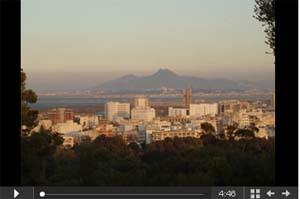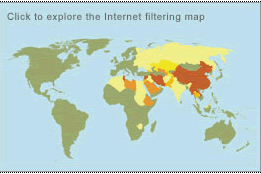
The Sudanese delegation
Well the Sudanese delegation repeated several times the need to remove the software export restrictions ban that is put on the Sudan. You see, there is software that, if given to someone who lives in the Sudan, is punishable by the law in the US because there is an embargo on some countries that are considered ‘terrorist’ or somehow violators of human rights. It is software that mostly has to do with encryption and security.
In the resolutions at the end of the HDF conference in Cairo, the Sudanese delegration reiterated that we need to put the removal of this ban as part of the conference recommendations of actions to be taken. This final outcome by the way goes to the Arab League.
I was amused and so I raised my hand and said the following: “While I do support a lifting of the ban, it is not something that really prevents the Sudanese from accomplishing what they want in terms of e-education since that software has to do with encryption etc. Nevertheless,” I added, “if we will put that, then perhaps another resolution should be that we need to address Arab countries and tell them they needed to stop censorship and lift the bans on many websites that are filtered and blocked. Why should we ask others to give us things they don’t want to give us, whereas we are oppressing our own people and censoring them? see all the examples of the censorship that we have including among the countries represented here at this conference. ” [and of course I was talking about Saudi Arabia – but there are also others such as Syria, Tunisia etc.].
Silence. It was funny because there was absolute awkward silence. I don’t think many of the attendees really understood what those two issues were not because they are stupid, but because this whole entire “internet-thing” is new to many and they are not yet well-informed about its politics.
The ‘women side’ of the Saudi delegation:


